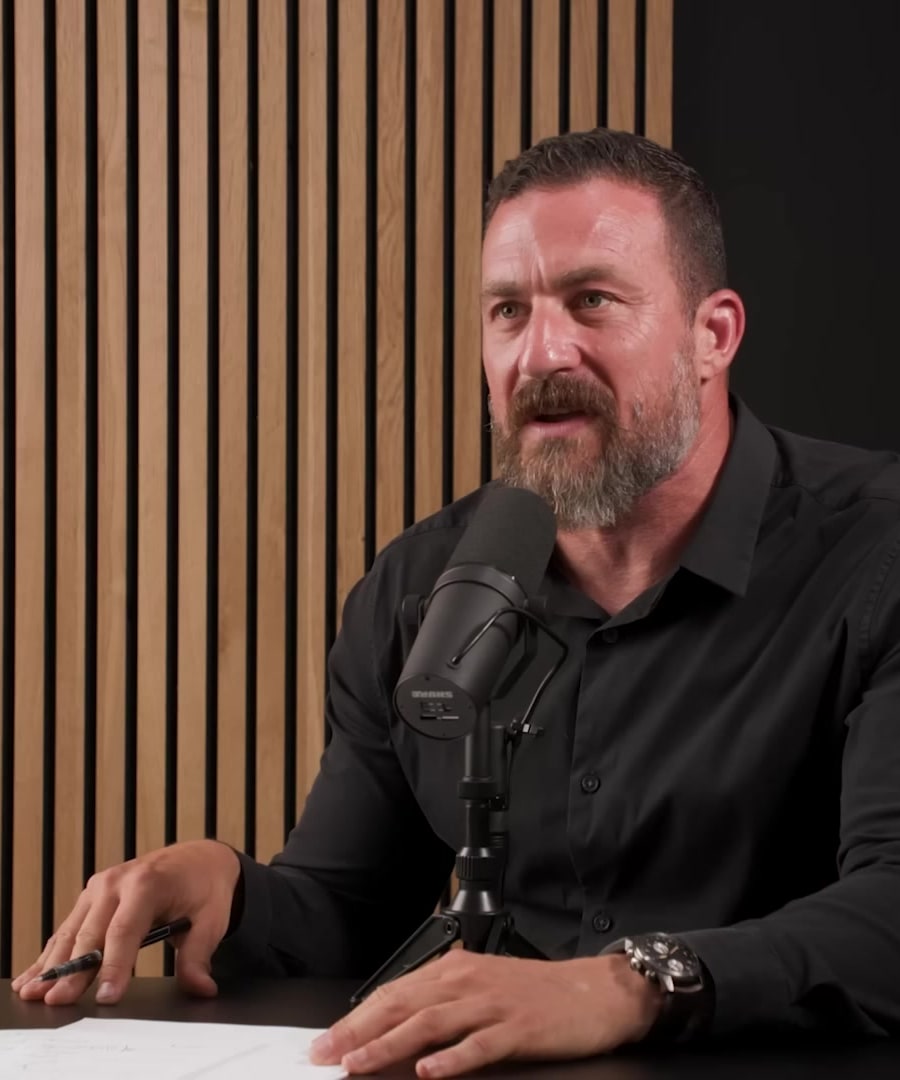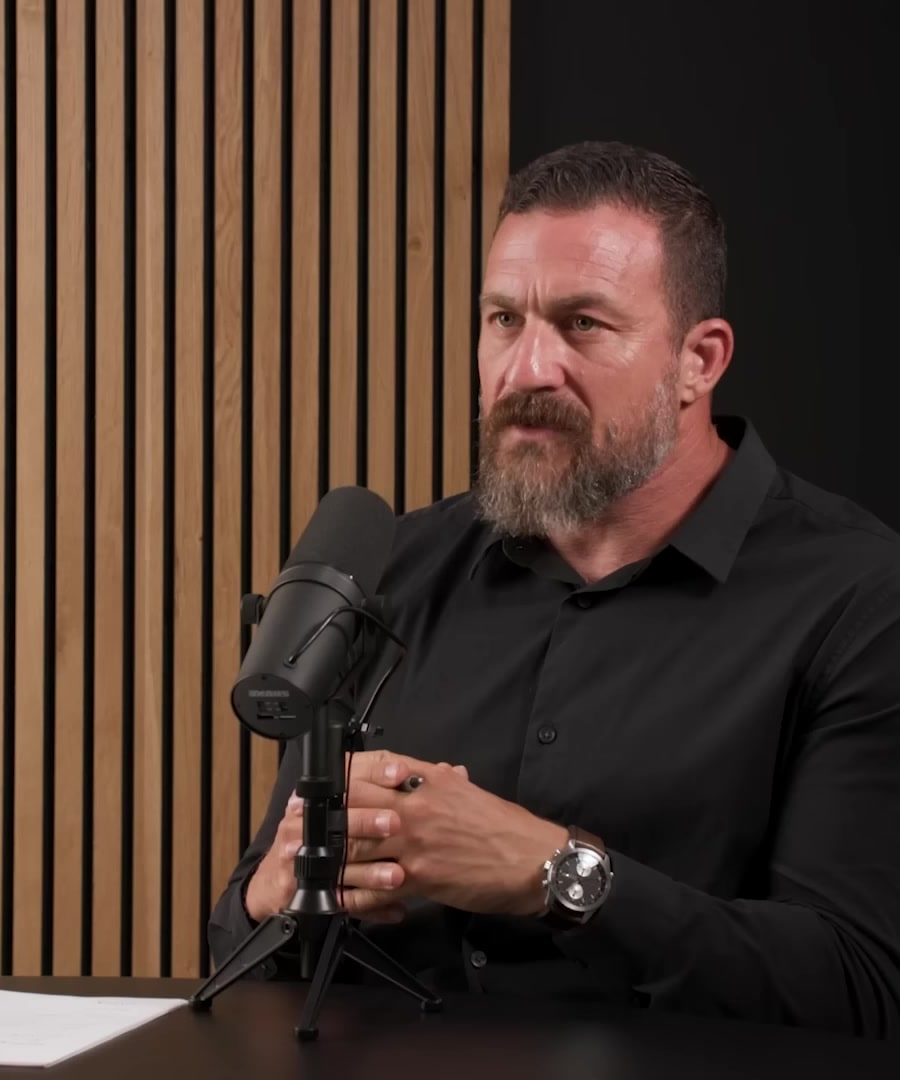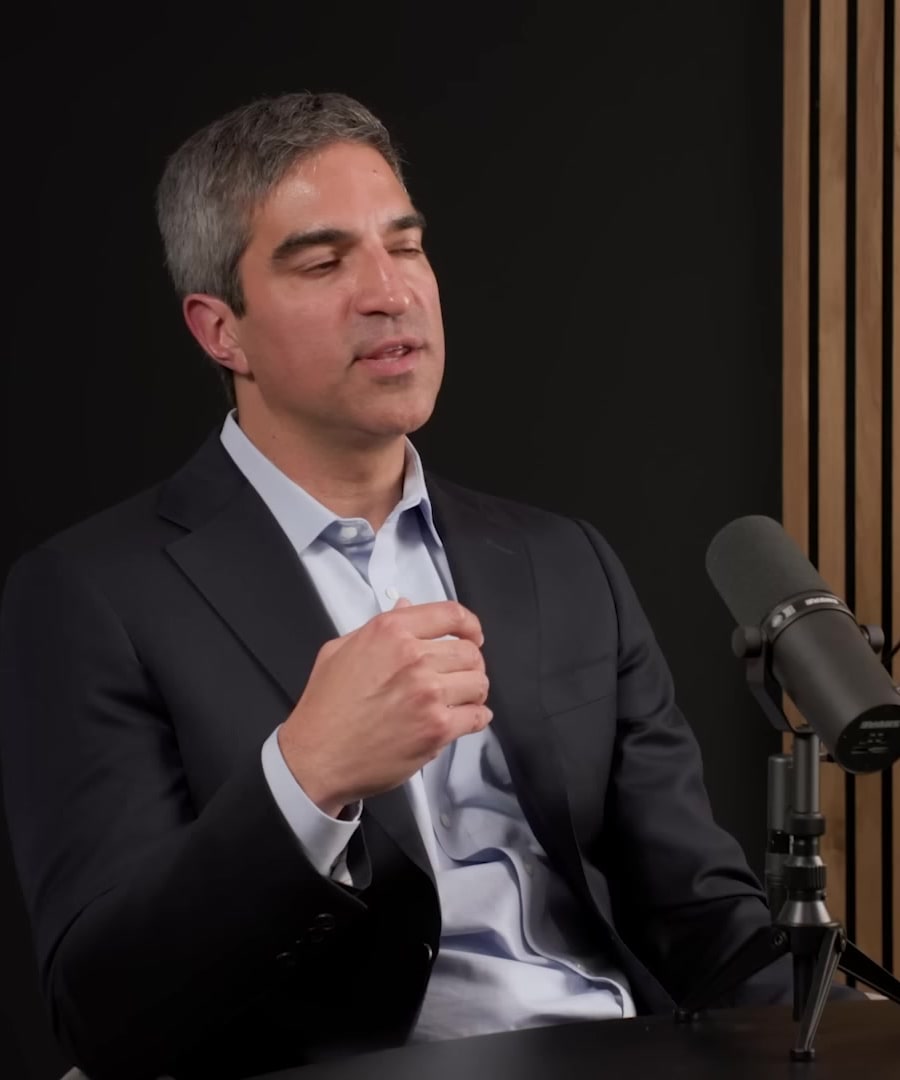what are some more specific ways to increase testosterone drastically and also sperm count
Sources:
To increase testosterone levels drastically and improve sperm count, several strategies and supplements have been discussed in the Podcast. Here are specific methods and substances mentioned:
-
Vitamin D: If you are deficient in vitamin D and replace it, you will optimize your testosterone 1.
-
Boron: For those with high sex hormone-binding globulin (SHBG), boron can help lower it, usually in doses of 5 to 12 milligrams per day. This can lead to an increase in free testosterone 1.
-
Cold Exposure: Deliberate cold exposure might increase testosterone levels and improve sperm count, particularly if done early in the day 2.
-
Zinc: High levels of zinc can substantially increase spermatogenesis and testosterone levels. Zinc supplementation has been reported to increase sperm count and even testicular size. The recommended dosage mentioned was 120 milligrams of zinc two times daily with meals 3.
-
Shilajit: Shilajit stimulates the release of testosterone and follicle-stimulating hormone (FSH), which is beneficial for sperm health. The recommended dosage is about 250 milligrams twice per day 4.
-
Lifestyle Changes: For males who are overweight, reducing body fat is crucial for maximizing testosterone, sperm health, and spermatogenesis. For lean males, increasing calories can boost testosterone. Also mentioned was the adjustment of caloric intake based on physical activities and maintaining a proper feeding window if practicing intermittent fasting 5.
-
FSH Supplementation: FSH directly stimulates sperm production, which can be beneficial for increasing sperm count. However, it is noted that FSH treatments can be costly, hence not commonly used 6.
-
Clomiphene: An off-label use of clomiphene, a selective estrogen receptor modulator, can increase the body's own production of testosterone without suppressing sperm production 7.
-
Testosterone Replacement Therapy (TRT): Non-prescription approaches like Lcarnitine have been discussed to potentially affect egg quality, sperm quality, and fertility for both women and men 8.
While these suggestions have been discussed on the , it's important to note that individual responses can vary, and medical advice from a healthcare provider should be sought before beginning any supplementation or lifestyle alteration for hormone optimization.
For those interested in further explanations or context, more details can be found in the individual podcast episodes that delve into optimizing male hormones, sperm count, and fertility.
RELATED QUESTIONS-
Should I seek medical advice before trying to increase my testosterone and sperm count?
Sources:
Yes, it is highly recommended to seek medical advice before attempting to increase testosterone and sperm count. Various experts have emphasized the complexities surrounding hormone optimization and fertility treatments, highlighting the need for professional guidance to safely and effectively address these issues.
-
Understanding the Risks and Personal Health Conditions: Before starting any treatments or supplementation to increase testosterone and sperm count, it is important to understand that individual health conditions, such as varicoceles or hormonal imbalances, can affect these levels. Professional medical advice is crucial for identifying and addressing any underlying conditions 1.
-
Navigating Fertility Concerns: If you are currently on testosterone replacement therapy (TRT) or considering it, and have concerns about fertility, it's necessary to consult with a specialist, such as a urologist or an endocrinologist. They can help you navigate options for maintaining or restoring fertility, such as using human chorionic gonadotropin (HCG) or follicle-stimulating hormone (FSH) supplementation, and can provide guidance on sperm cryopreservation if needed 2.
-
Monitoring for Side Effects: Testosterone therapy, even at physiologic dosages, can result in a range of side effects affecting multiple organ systems, such as skin problems or cardiovascular issues. Regular monitoring and full understanding of these potential risks, under the guidance of a knowledgeable physician, ensures that you can manage them effectively 3.
-
Sperm Quality and Spermatogenesis: Optimizing sperm quality and spermatogenesis without prescription clinical treatments requires careful lifestyle management. Avoiding excessive heat to the testicles, as it can diminish sperm quality, is one such lifestyle consideration. Again, a healthcare professional should be consulted for personalized advice tailored to individual circumstances 4.
In summary, optimizing testosterone and sperm count involves complex physiological processes where medical supervision is critical to ensure safe and optimal outcomes. It is advisable to involve a healthcare provider who is well-versed in the related endocrinology and can offer tailored advice and appropriate monitoring 5.
RELATED QUESTIONS-
Can you elaborate on lifestyle changes that impact testosterone and sperm count?
Sources:
Lifestyle choices have a considerable impact on testosterone levels and sperm count. Here's a summary of the lifestyle changes that can potentially improve these aspects of male reproductive health:
-
Exercise: Cardiovascular and resistance training can contribute to overall good health and may positively influence testosterone levels and sperm quality 1.
-
Avoid smoking and vaping: There is evidence linking smoking with lower sperm quality, though data on vaping is less clear 1.
-
Moderate alcohol intake: High levels of alcohol consumption (e.g., above 20 drinks a week) have been linked to negative effects on semen quality, although moderate consumption might have less impact 1.
-
Heat management: Testes are sensitive to temperature; avoiding hot environments is critical. Regular use of saunas or hot tubs can impair fertility, but this can often be restored by stopping such practices. Even sitting for long durations, like in a car with a heated seat, can reduce sperm count. Tight clothing should also be avoided as it can contribute to heat buildup 2.
-
Physical activity: Increasing overall physical activity can positively associate with testosterone levels, regardless of body mass index (BMI). Activities like walking or using a standing desk can promote pelvic floor health and improve testicular function 3.
-
Weight Management: For overweight males, reducing body fat is important. Conversely, if a male is already lean, increasing caloric intake may boost testosterone levels. Intermittent fasting and diet should be managed in a way that either maintains or reduces body weight, according to one's baseline body composition 4.
-
Mobile Devices: Carrying smartphones in pockets, especially the front pocket, can reduce sperm count and quality due to heat-related effects. It's advisable to avoid carrying the phone too close to the testicles 5.
These steps suggest that a balanced approach to diet, exercise, and lifestyle habits, along with managing environmental factors like temperature, can contribute to healthier testosterone levels and sperm count. Implementing these changes in collaboration with healthcare professionals can optimize effectiveness and ensure safety.
RELATED QUESTIONS-
what are some more specific ways to increase testosterone drastically and also sperm count
- RELATED QUESTIONS
Should I seek medical advice before trying to increase my testosterone and sperm count?
- RELATED QUESTIONS
Can you elaborate on lifestyle changes that impact testosterone and sperm count?
- RELATED QUESTIONS















